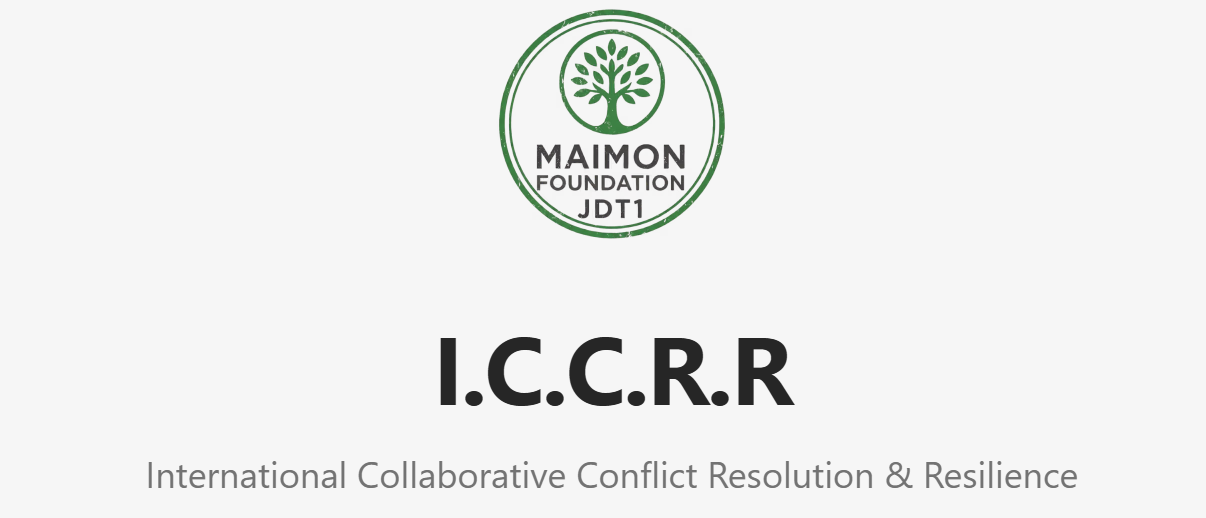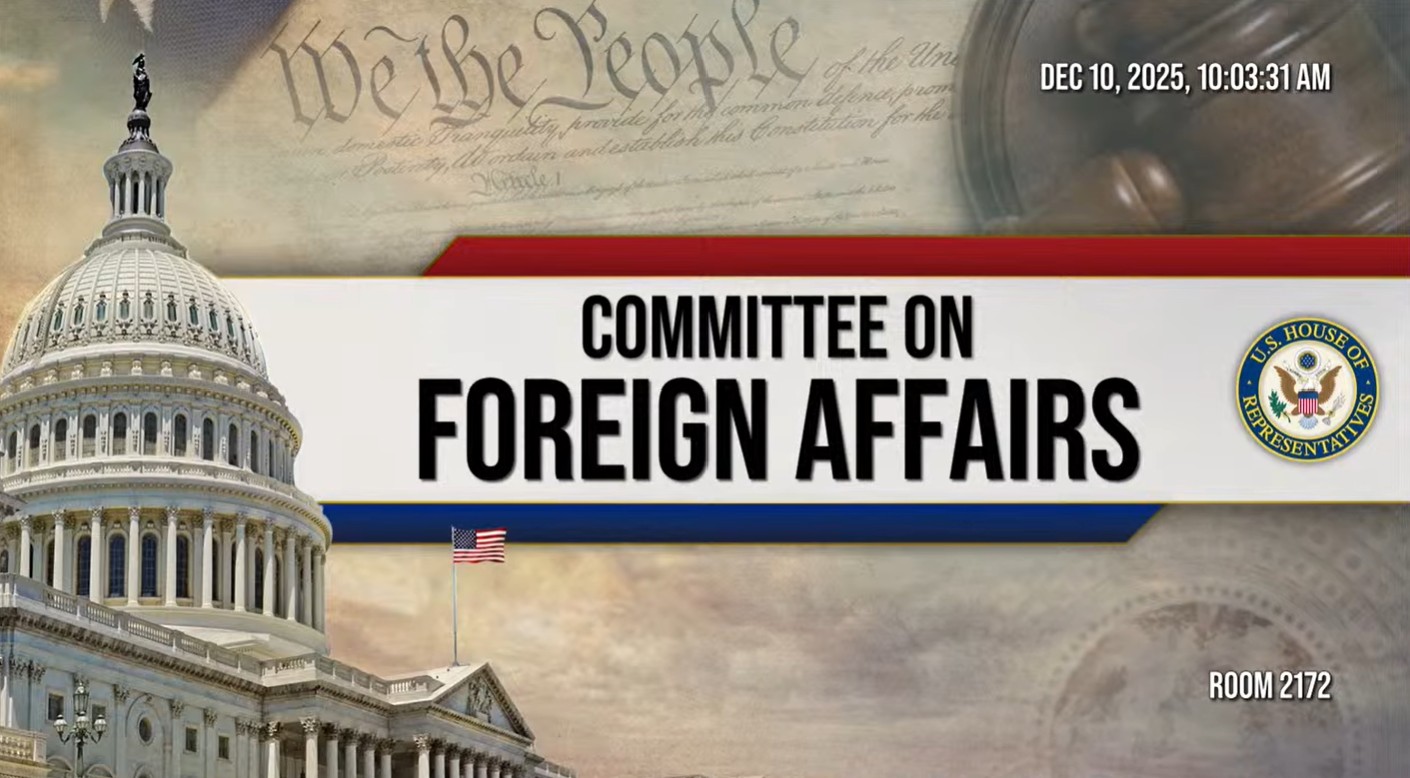Episode 4 – The War of Return
In 1948, seven hundred thousand Palestinians were forced out of their homes by the first Arab-Israeli War. More than seventy years later, most of their houses are long gone, but millions of their descendants are still registered as refugees, with many living in refugee camps. This group ― unlike countless others that were displaced in the aftermath of World War II and other conflicts ― has remained unsettled, demanding to settle in the state of Israel. Their belief in a “right of return” is one of the largest obstacles to successful diplomacy and lasting peace in the region.
In their recent book The War of Return (2020), Adi Schwartz and Einat Wilf ― both liberal Israelis supportive of a two-state solution ― reveal the origins of the idea of a ‘right of return’, and explain how UNRWA ― the very agency charged with finding a solution for the refugees ― gave in to Palestinian, Arab and international political pressure to create a permanent refugee problem. They argue that this Palestinian demand for a ‘right of return’ has no legal or moral basis, and make a passionate plea to the US, the UN, and the EU to recognize this fact, for the good of Israelis and Palestinians alike.
Guests: Adi Schwartz, journalist, and Dr. Einat Wilf, author
This is the fourth episode of a series of conversations about Israel, International Relations and Law in a rapidly changing Middle East. The conversation will include Q&A.
Moderator: Andrew Tucker
The return of the Jewish people to Palestine over the last 150 years raises many controversial international law issues. The Mandate for Palestine, the failed 1947 UN Partition Plan, the establishment of the State of Israel in 1948 followed by Arab/Israeli wars, military administration of territory, the creation of the PLO, the Israel/Palestinian conflict and the Oslo Accords – all involve complex legal, historical, political and even religious aspects.
Is Israel a colonialist enterprise? Is the occupation illegal? Why have Israel and the Palestinians so far been unable to reach agreement about the “occupied” territories?
In this webinar series, specialists in international law, politics and history share their insights into the current state of international law, major trends, challenges and opportunities.
The conversations will be broadcast on Zoom, recorded and (in the future) live streamed via YouTube. Please, register to participate live in the webinar.



